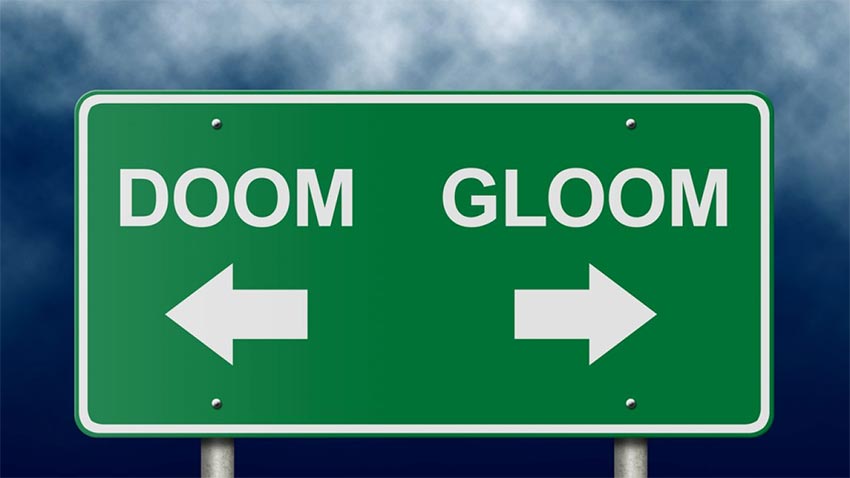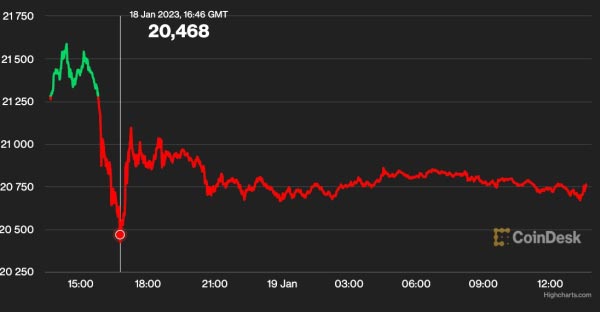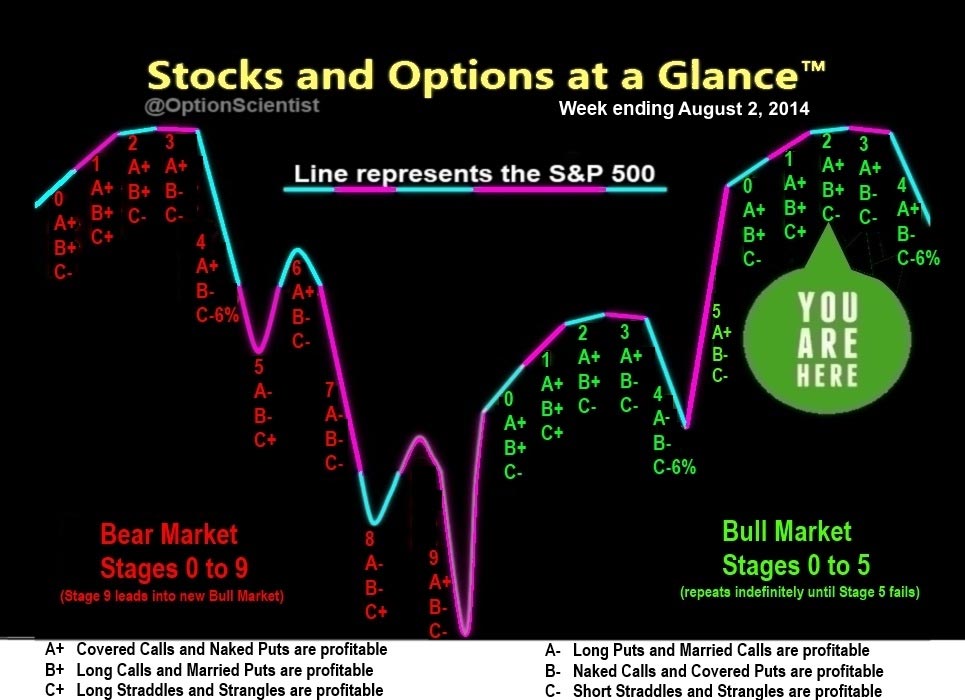The markets have taken another tumble today as global recession fears continue to sweep the globe. The FTSE 100 index closed down by 1.8% today, while the Dow Jones Industrial Average also finished lower by 0.8%. This comes after yesterday’s steep losses, which saw both indices end the day in negative territory.
What’s causing all this doom and gloom?

Well, there are a few different factors at play here – some of which are more specific to the American market (such as worries about US debt levels), others more global (particularly concerns about China’s economic outlook). But whichever way you slice it, we’re heading for another tough year on Wall Street.
The FTSE 100 closes lower as global recession fears linger.

The FTSE 100 closed lower as global recession fears linger. The Dow Jones Industrial Average fell 191 points, or 1.9%, to end at 15,542, the S&P 500 lost 18 points, or 1.8%, to 1,605, and the Nasdaq Composite dropped 41 points, or 2.2%, to 3,163. Despite solid earnings from technology giants Google (GOOGL) and Apple (AAPL), the losses came. In London, the FTSE 100 closed down 0.8% at 6,663 points.
The UK’s performance is mixed.

The UK’s stock market closed lower on Monday following global recession fears as the FTSE100 index closed at 5,552.35 points, down 1.54 per cent. The DAX in Germany closed down 0.94 per cent, while France’s CAC40 dropped 1.45 per cent. Meanwhile, the S&P 500 finished the day lower by 0.83 per cent, and the Dow Jones industrial average was down 0.86 per cent. This comes after Sunday’s close of 5,648 points, which marked the first time since October 2007 that the FTSE100 had not reached 6,000 points. Warning signs continue to
- Here’s the next mega tech stock likely to fall into the bear market’s clutches, according to this chart
- Retail sales grow 7.6% during holidays, but consumers turn cautious: Mastercard data
- Elon Musk Warns Against Margin Debt on Risk of Market ‘Mass Panic’
mount with sluggish economic growth across most of Europe and North America as well as Japan has added another 2 trillion yen ($19 billion) in debt over the past 12 months, according to The Telegraph, citing data compiled by Bloomberg Intelligence analysts JP Morgan Asset Management and Ashburton Associates Ltd. economists also said that there is now a “new normal” for global markets with subdued growth rates and unstable financial conditions likely to persist until late 2013 or early 2014 when prospects may improve due to impending political transitions in critical economies like Europe and Japan.
The US market remains strong.

The Dow Jones Industrial Average (DJIA) fell 191.41 points or 0.8 per cent to 17,587.06, the S&P 500 lost 20.02 points or 0.9 per cent to 2,059.13, and the Nasdaq Composite dropped 41.66 points or 1 per cent to 4,799.17. The FTSE 100 closed down 1 per cent at 5,611 while Germany’s DAX was off 1 per cent, and France’s CAC 40 was down 0.7 per cent.
Investors fear a global recession is looming as reports of a slowdown in China emerged overnight, with stocks trading sharply lower across the board in Asia today, with the Shanghai Composite Index plunging 6 percent in early trade before recovering somewhat later on.
What are the implications of the stock market dip?

As the global recession continues to take its toll on stock prices, markets worldwide are reacting in different ways. The US stock market is experiencing a dip, with the Dow Jones Industrial Average (DJIA) closing down 0.4% yesterday. Meanwhile, the FTSE 100 Index in the UK is down 2.8%, and France’s CAC 40 Index is off by 3%. In addition, Japan’s Nikkei 225 has shed 1.5%, and Germany’s DAX has fallen by 1.7%. Worldwide equity markets have lost $2 trillion (£1.3 trillion) since their peak in 2007.[1]
The fall in stock prices reflects concerns over global economic slowdown and weak consumer demand. The IMF has warned that the global economy will contract by as much as 3% this year, which would be the first time since World War II that there have been consecutive annual declines.[2] This decline in confidence could lead to increased borrowing costs for businesses and consumers and may slow down investment activity even further. Additionally, falling stock prices could trigger a burst of credit defaults as nervous investors sell risky assets such as stocks indiscriminately.
In general, it seems that markets are reacting to growing anxiety over the future of the global economy – which is, unfortunately, all too familiar territory at this point!
- Here’s the next mega tech stock likely to fall into the bear market’s clutches, according to this chart
- Retail sales grow 7.6% during holidays, but consumers turn cautious: Mastercard data
- Elon Musk Warns Against Margin Debt on Risk of Market ‘Mass Panic’
